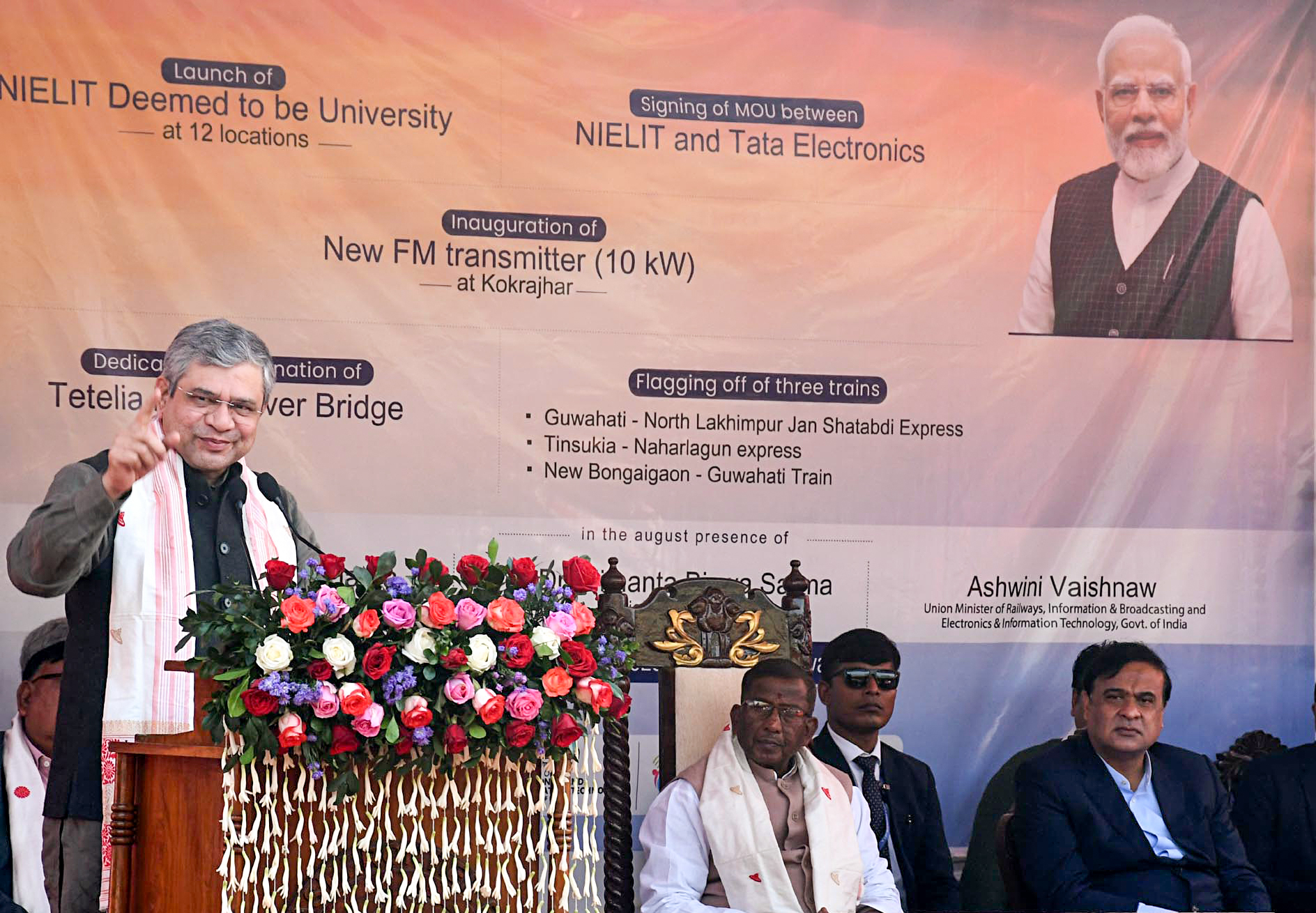The Northern Railway recently conducted a speed trial on the Katra-Banihal railway section, supervised by the Commissioner of Railway Safety (CRS). Residents near Sangaldan railway station expressed optimism that the development would address connectivity issues and enable them to travel more easily to different parts of the country.
This trial, part of the Udhampur-Srinagar-Baramulla Rail Link (USBRL), is expected to enhance travel convenience for those living in the Gool tehsil of Ramban district. The train service will allow people to reach Udhampur and Jammu in less time.
Union Railway Minister Ashwini Vaishnaw announced the commencement of the final safety inspection on the newly constructed 111-kilometer Banihal-Katra railway section. The section connects Jammu with the Kashmir Valley, a key part of the USBRL project.
In a social media post on X, the minister stated, “Final stage CRS safety inspection of the USBRL Project commences for Katra-Banihal section.”
According to a press release from the Ministry of Railways, once operational, the travel time between Jammu and Srinagar will be reduced to three hours and ten minutes. The Jammu station is also undergoing redevelopment, with eight new platforms and upgraded amenities planned to accommodate the growing demand.
An 8-coach Jammu-Srinagar Vande Bharat Express is expected to be introduced soon, marking a significant milestone in achieving rail connectivity between the Kashmir Valley and Jammu.
The Banihal-Katra section has been recognized for its engineering achievements, which include 97 kilometers of tunnels and four major bridges spanning 7 kilometers. Key challenges included constructing the world’s highest arch bridge on the Chenab River at 359 meters using the rock bolting method with 30,000 tonnes of steel.
Other notable infrastructure includes India’s first cable-stayed bridge on the Anji River, the Reasi Bridge, and the Bakkal Bridges. Engineers also employed Himalayan tunneling techniques instead of conventional tunneling methods to enhance safety, resulting in more robust main and escape tunnels stretching 67 kilometers.
The longest tunnel in this section, T50, measures 12.77 kilometers, featuring cameras installed at 50-meter intervals for safety and operational monitoring. These systems are connected to a central control room. Additionally, 215 kilometers of access roads built during the project have benefitted local communities.
The Jammu-Srinagar Vande Bharat Express has been specially designed for cold climates and is equipped with anti-freezing systems. A dedicated snow removal train will ensure uninterrupted passenger and freight service year-round.
To address seismic risks in the zone-V earthquake-prone region, anti-vibration seismic devices have been used in the project. These dampers will absorb tremors and ensure safe and consistent travel.
The train is capable of operating at temperatures as low as -20°C, with advanced heating systems, heated windshields, and elements in plumbing and bio-toilets to prevent freezing. These features aim to ensure operational continuity and passenger comfort during extreme weather conditions.
The Banihal-Katra railway section is anticipated to significantly enhance connectivity between Jammu and the Kashmir Valley while offering improved travel experiences for commuters.




















